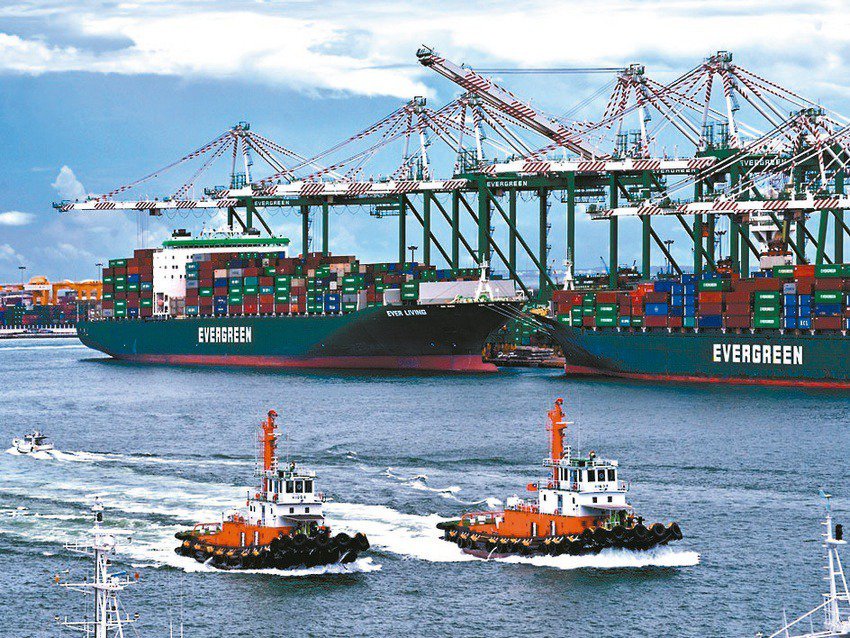Growth slows as October PMI sees slight rebound to 58.3: CIER
2021/11/01 | By EDNChung-Hua Institution For Economic Research (CIER) announced October's Purchasing Managers' Index (PMI) of Taiwan's manufacturing industry today, which increased slightly by 0.5 to 58.3 after two months of decline.
CIER President Chang Chuan-zhang said that although the PMI index has expanded for 16 consecutive months, port congestion, freight delays, shortage of key components, and delivery dates continue to plague the manufacturing industry. He cautioned against being too optimistic regarding the economic situation too early.
Chang pointed out that the main reason for the increase in PMI in October was the increase of new orders and production quantity index of the chemical and biotech medical industry, food and textile industry, both of which grew from tightened to expansion. The entire manufacturing industry has returned for 15 consecutive months and the outlook for the next six months is expansion. However, the index continued to fall by 1.3 percentage points in October to 54.2, the slowest expansion rate since September 2020.
However, in October, the six major industries all reported PMI expansion. The top two sectors that saw the fastest expansions were the food and textile industry (66.7) and the electric power and mechanical equipment industry (60.7), both of which expanded at a rate of 60 or more. Electronics and optics industry (56.6), basic raw material industry (54.0), transportation industry (54.0), and chemical and biotech medical industry (53.2).
Chang said that it is worth noting that the raw material price index has maintained a rising rate of more than 70 for 12 consecutive months, and the index rose 3.0 to 80.9 in October. This also shows that the manufacturing industry's troubled response regarding supplier price increases or possible price increases. In addition, China's heightened regulations on energy consumption, the slow resumption of work in Vietnam, and the unresolved port congestion problems in the U.S. have all forced middle and downstream manufacturers in the manufacturing industry into riskier situations.
Chien Jin-han, a researcher at the Institute of Economics of the Academia Sinica, cited the lack of materials, port clogging, and rising raw materials are the main reasons for the slowdown of the PMI index. In addition, the current international atmosphere is also very uncertain and relatively pessimistic.
In October, Taiwan's Non-manufacturing Purchasing Managers' Index (NMI) expanded for four consecutive months. The index continued to rise by 1.2 to 58.5. CIER stated that it was mainly due to Taiwan's gradual relaxation of epidemic prevention measures and the cooperation of industries to support the voucher program to bolster the economy.
Among the eight major industries, the seven major NMI industries are all showing expansion. The fastest rating indexes are accommodation and catering industry (70.8), construction and real estate industry (68.3), retail industry (62.6), education and professional science industry (57.7), transportation and warehousing industry (54.6), information and communication industry (52.5) and wholesale industry (51.9). On the other hand, the financial and insurance industry (46.3) NMI had been contracting for two consecutive months.





